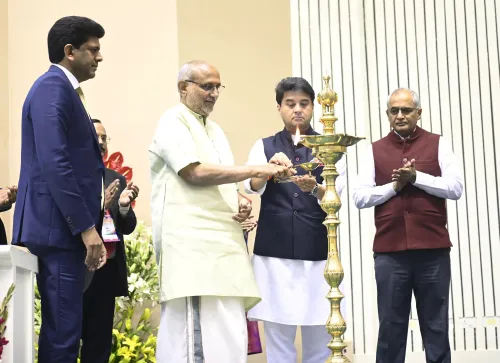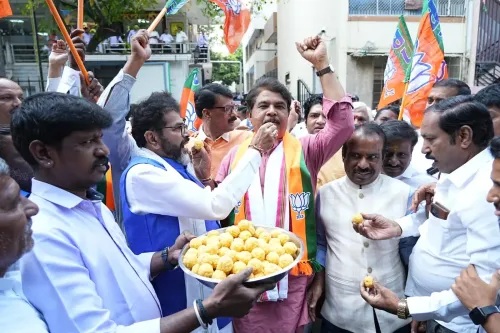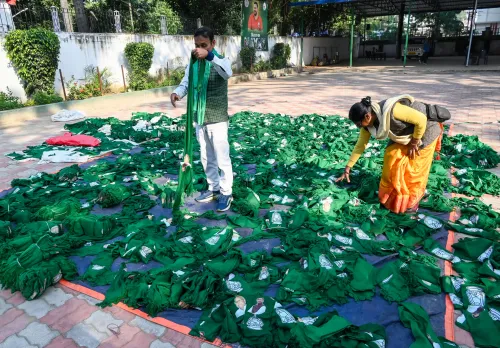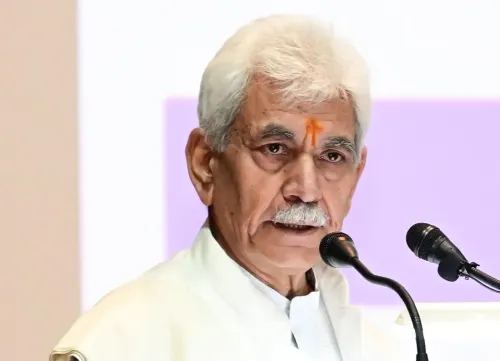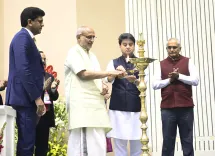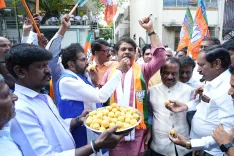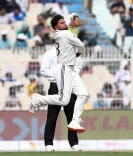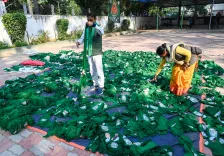Should the Kerala Government Approve Maoist Convict's Book Publication Request?
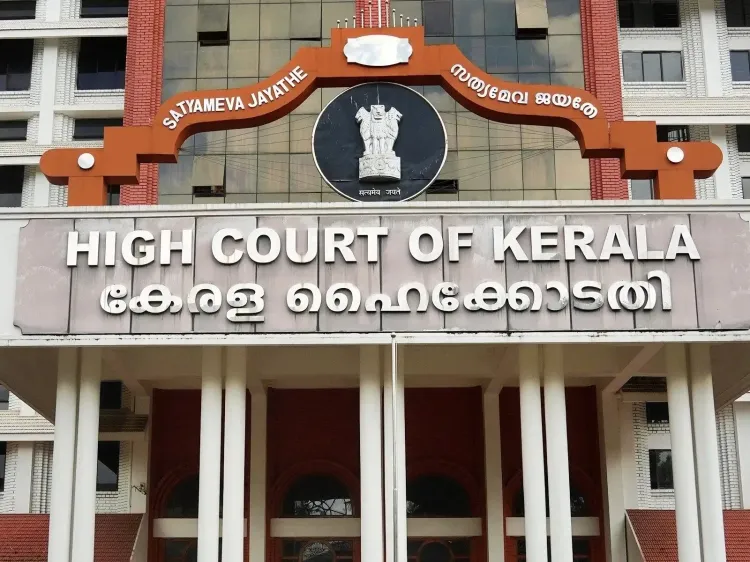
Synopsis
Key Takeaways
- The Kerala High Court has ordered a swift decision on a prisoner's publication request.
- The case raises questions about prisoners' rights and freedoms.
- Concerns exist about ensuring content does not promote violence.
- The ruling reiterates that convictions do not eliminate all fundamental rights.
- The decision could influence future cases involving prisoners' literary works.
Kochi, Nov 14 (NationPress) The Kerala High Court has instructed the state government to swiftly reach a conclusion on the application submitted by incarcerated Maoist leader T.R. Roopesh, who is seeking authorization to publish a manuscript he composed during his imprisonment.
Roopesh, who has been convicted under the Unlawful Activities (Prevention) Act (UAPA) and is currently detained in Viyyur Central Jail, claims that there has been undue delay and discrimination regarding the processing of his request.
During his time in confinement, Roopesh penned a Malayalam book entitled 'Bandhitharude Ormakurippukal (Memoirs of the Incarcerated).
He argued that numerous fellow inmates have been allowed to release their literary works, yet his request remains unresolved without adequate reason.
Justice V.G. Arun pointed out that the Kerala Prisons and Correctional Services (Management) Act and associated rules do not grant the prison authorities or state government the right to impede a prisoner’s literary publication.
In fact, the law explicitly allows inmates to engage in reading and writing, supporting the reformative aims of the prison system.
The Court emphasized that a conviction does not erase a prisoner’s fundamental rights.
The act of writing, it noted, emanates from the “internal sovereignty” of thought—a vital aspect of human dignity that the state cannot arbitrarily suppress.
While acknowledging that prison officials may impose strict reviews on such writings, the Court stated this scrutiny must not evolve into “an insurmountable obstacle.”
Publication restrictions can only be enforced if the content is demonstrated to be harmful or dangerous, the ruling indicated.
The state, via the government pleader, affirmed it does not oppose the publication but requires time to confirm that the manuscript does not advocate violence, promote unlawful ideologies, or glorify banned organizations.
Even though the UAPA does not specifically forbid inmates from publishing books, the state government expressed the necessity to ensure that no content supporting extremist agendas is disseminated.
Striking a balance between the convict's right to free expression and the state's concerns, the High Court mandated the government to reach a final decision regarding Roopesh’s application within three months.
It further urged the authorities to consider its own observations as well as rulings from the Supreme Court that have allowed prisoners to publish their writings.

